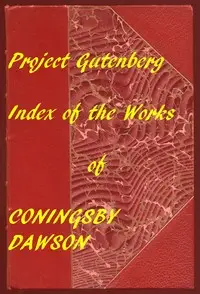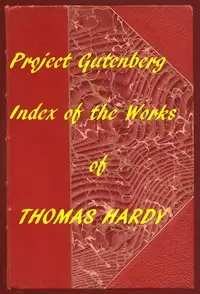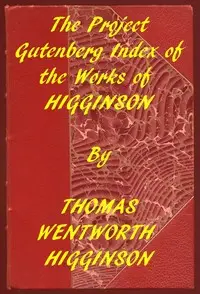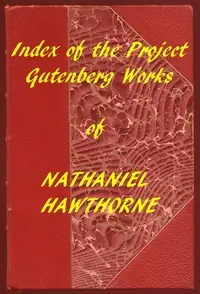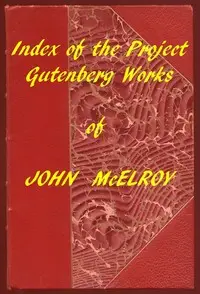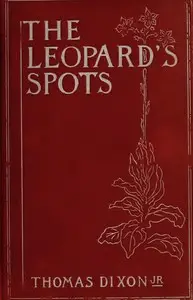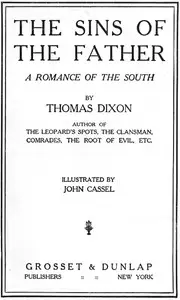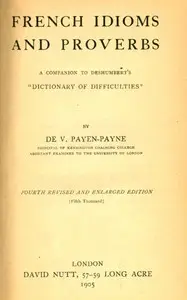"Index of the Project Gutenberg Works of Thomas Dixon" by Jr. Thomas Dixon is a guide to the author's books from the start of the 1900s. It shows Dixon's different types of writing like stories, historical romances, and comments about society, as well as touching on subjects like the American South, how different races get along, and what happened after the Civil War. The different titles in the contents, such as "The Clansman," "The Foolish Virgin," and "The Fall of a Nation," highlight the author’s perspective on important historical events and the characters that they shaped and emphasize major historical periods. It gives a look at Dixon's study of subjects like love, what's right and wrong, how society's set up, and how people relate to each other when big historical things are happening. Stories like "The Clansman" show what the South was like after the Civil War and tells about the problems people faced during those confusing times. Overall, this index is a way to learn about Dixon's stories that mix personal stories with bigger historical events.

Index of the Project Gutenberg Works of Thomas Dixon
By Thomas Dixon
Explore a writer's early 20th-century views on love, morality, and a changing nation amid the Civil War's aftermath.
Summary
About the AuthorThomas Frederick Dixon Jr. was an American Baptist minister, politician, lawyer, lecturer, writer, and filmmaker. Dixon wrote two best-selling novels, The Leopard's Spots: A Romance of the White Man's Burden—1865–1900 (1902) and The Clansman: A Historical Romance of the Ku Klux Klan (1905), that romanticized Southern white supremacy, endorsed the Lost Cause of the Confederacy, opposed equal rights for black people, and glorified the Ku Klux Klan as heroic vigilantes. Film director D. W. Griffith adapted The Clansman for the screen in The Birth of a Nation (1915). The film inspired the creators of the 20th-century rebirth of the Klan.
Thomas Frederick Dixon Jr. was an American Baptist minister, politician, lawyer, lecturer, writer, and filmmaker. Dixon wrote two best-selling novels, The Leopard's Spots: A Romance of the White Man's Burden—1865–1900 (1902) and The Clansman: A Historical Romance of the Ku Klux Klan (1905), that romanticized Southern white supremacy, endorsed the Lost Cause of the Confederacy, opposed equal rights for black people, and glorified the Ku Klux Klan as heroic vigilantes. Film director D. W. Griffith adapted The Clansman for the screen in The Birth of a Nation (1915). The film inspired the creators of the 20th-century rebirth of the Klan.

